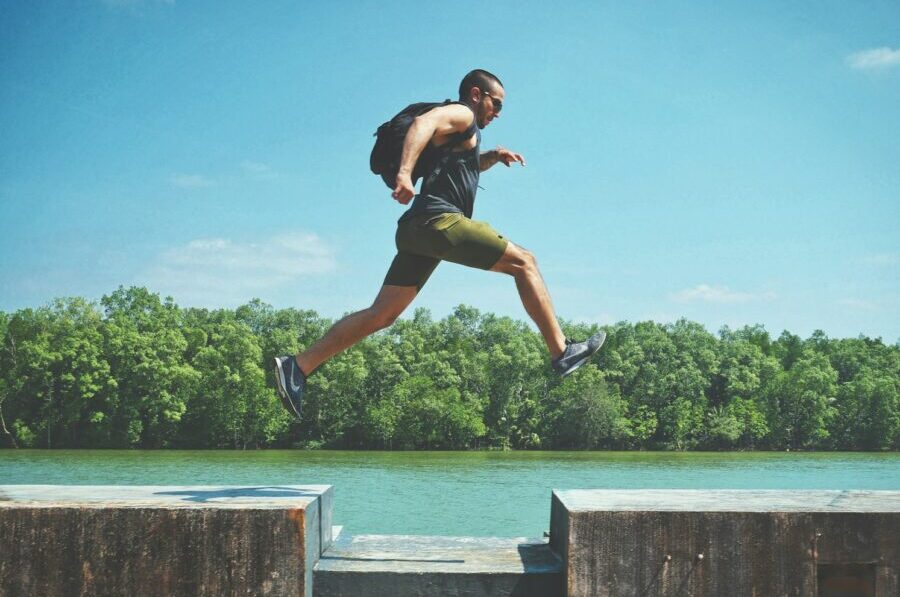Mental Health Awareness Week is held every year in May. This year it starts on the 13 May, focusing on the ways that moving more can benefit mental health.
While everyone is aware of the physical benefits of movement and exercise, there has been less focus on the mental health side. Even the simplest forms of movement can bring significant benefits. But with so many of us living hectic lives, fitting in time for exercise can often take a back seat and that can impact our mental health without us even knowing.
Being active is important for our mental health. But many of us struggle to get enough exercise regularly. We know there are many different reasons for this – work, looking after family members, domestic responsibilities – add everything up and our lives are suddenly busier than we anticipated.
However, this Mental Health Awareness Week we want to help people find moments for movement and exercise in their daily routines. The relationship between physical activity, exercise, and mental health plays a crucial role in promoting both our physical and mental wellbeing, with short and long-term benefits.
Bertrand Stern-Gillet, the CEO of Health Assured, emphasises the importance of integrating movement into daily life to protect mental well-being, suggesting that even light activities like walking can be highly beneficial. He reassures that exercise does not need to be intense to be effective, as even small amounts can improve mood, sleep, and self-esteem, and help manage stress and other conditions like anxiety and depression.
Stern-Gillet comments:
The NHS recommends that the average adult completes 150 minutes of moderate exercise per week, including some muscle strength activity. This doesn’t mean you need to be pumping iron or lifting your body weight in the gym. It could be as simple as walking to the shops instead of driving and carrying your shopping bags home. Or playing with your children, lifting them up into the air or pushing them on swings. As long as the weight you choose is comfortable, the benefits will follow.
Bertrand Stern-Gillet, the CEO of Health Assured
With social media so prevalent in our lives it can be easy to compare ourselves to unrealistic standards of fitness or feel like a failure if you don’t stick to a regular exercise routine. It is important to pace yourself and be realistic about what you can and can’t do. Overdoing things can have a negative impact including burnout, physical injuries, or even eating disorders.
Tips for adding movement into your office-based day:
- Use a standing desk. Alternate between being seated and standing throughout the day.
- Get away from your computer once an hour. Walk around the office or make a brew.
- Take a short walk at lunchtime either with a colleague or on your own.
- Arrange face-to-face meetings rather than video calls. Hold them on a different floor to the one you work on, where possible.
- Take the stairs rather than the lift. If you’re in a high-rise office building and can’t manage the whole way, take the lift to a couple of floors below your destination and walk the rest. Walk down at the end of the day.
- Park further away or get off the bus a couple of stops early then complete your commute on foot.
Bertrand concludes:
Don’t try to go from 0-100 in one step. Small changes in the amount of movement you do every day are the most beneficial when it comes to both physical and mental health. And as with anything, when it starts to feel that it is not fun or enjoyable anymore then seek professional support.
Joanne is the editor for Workplace Wellbeing Professional and has a keen interest in promoting the safety and wellbeing of the global workforce. After earning a bachelor's degree in English literature and media studies, she taught English in China and Vietnam for two years. Before joining Work Well Pro, Joanne worked as a marketing coordinator for luxury property, where her responsibilities included blog writing, photography, and video creation.



